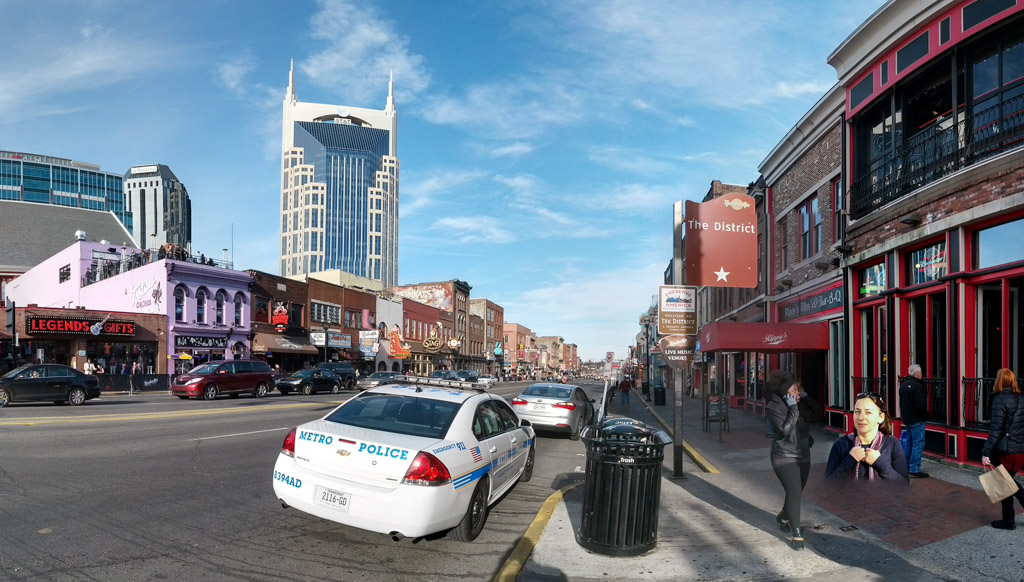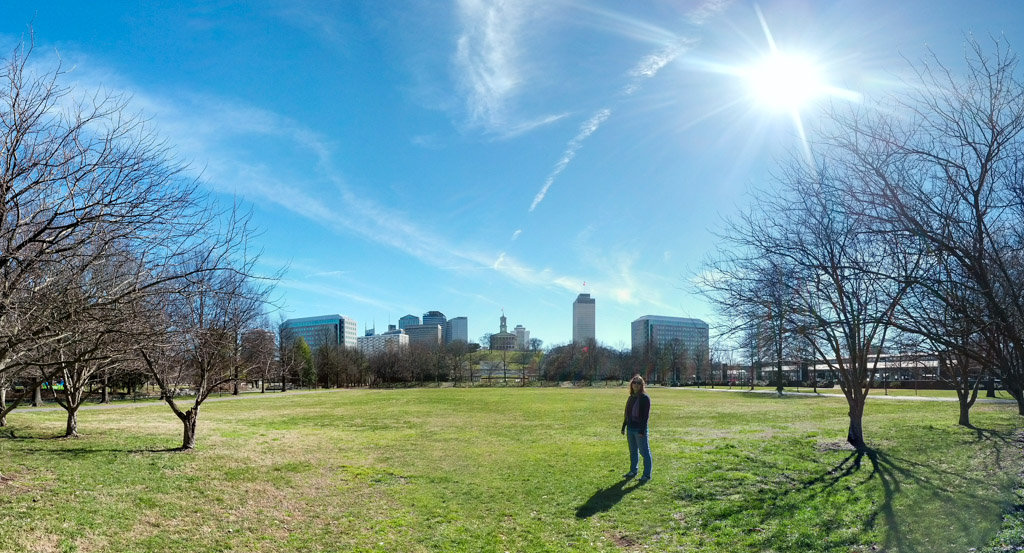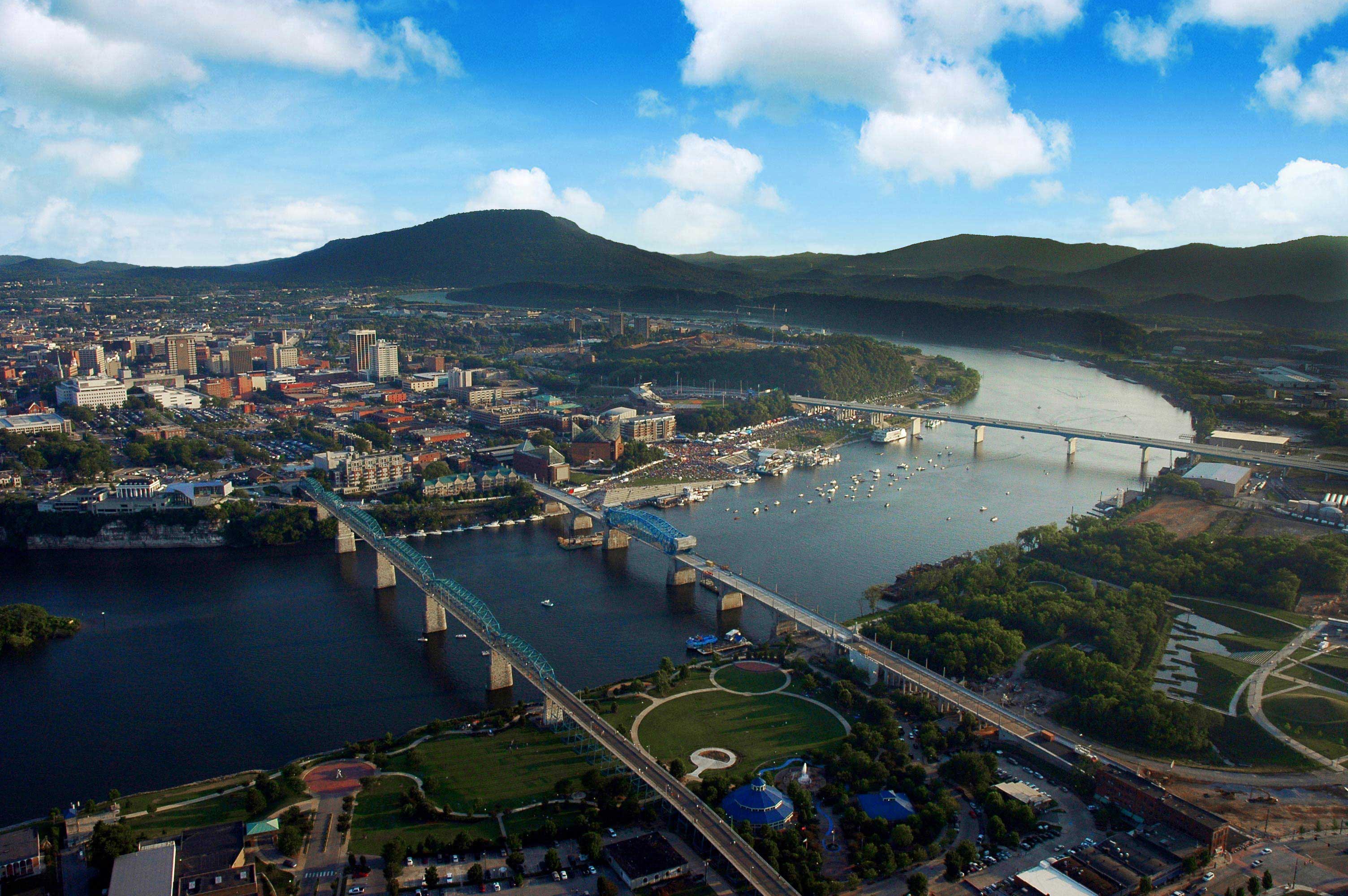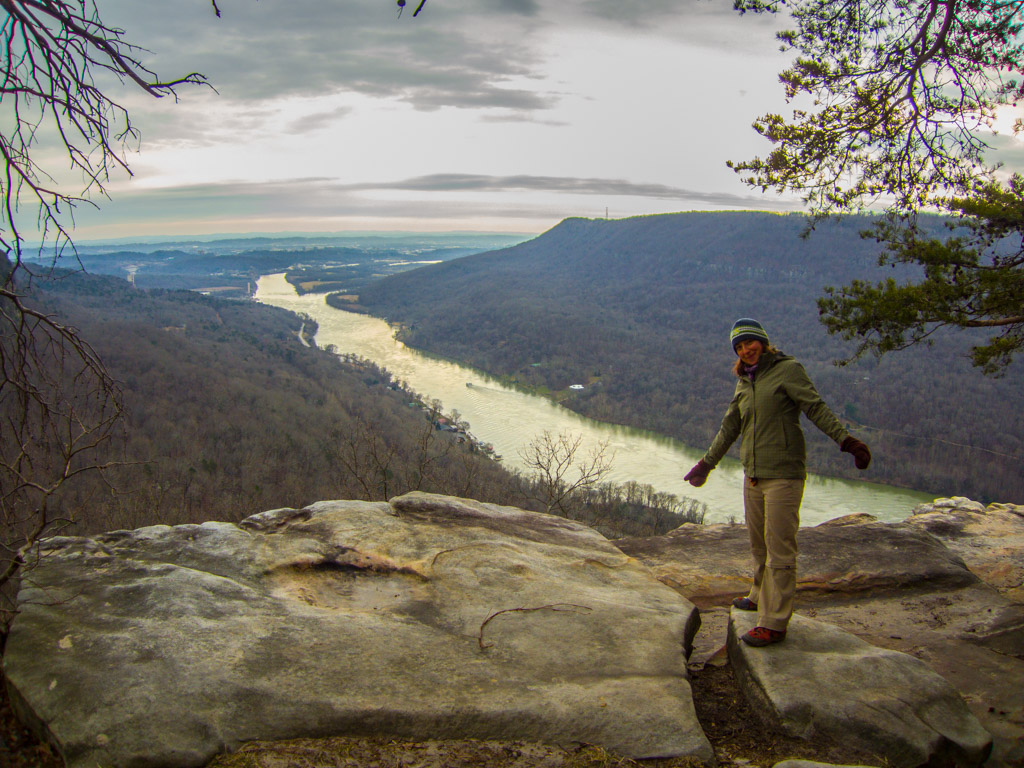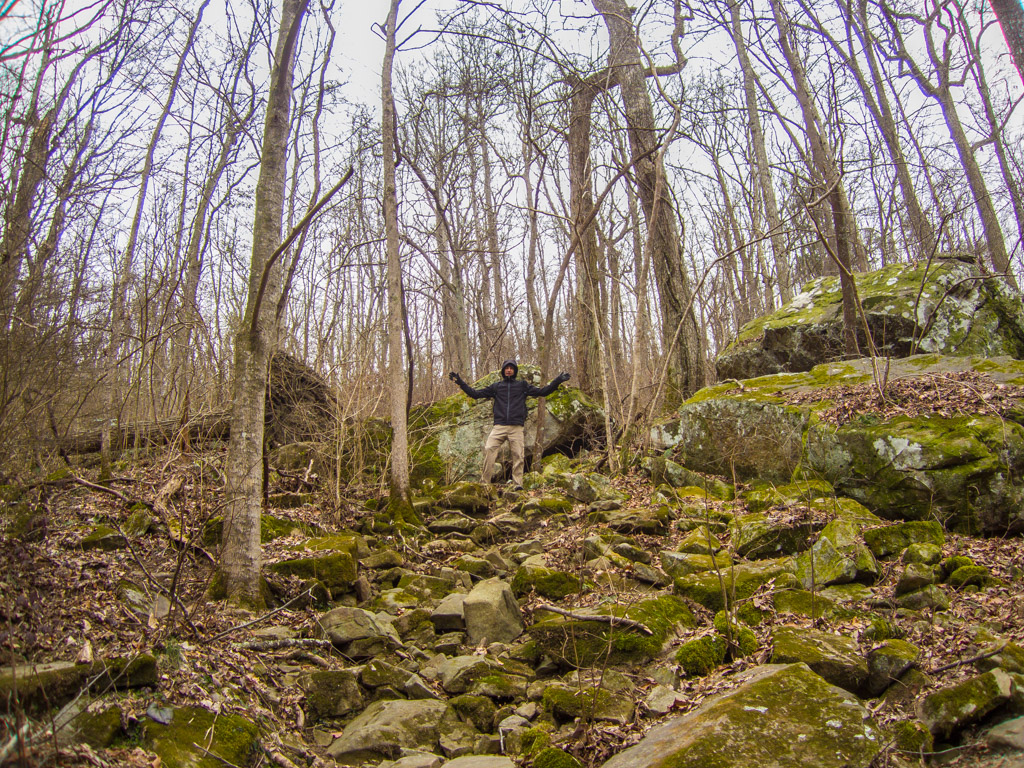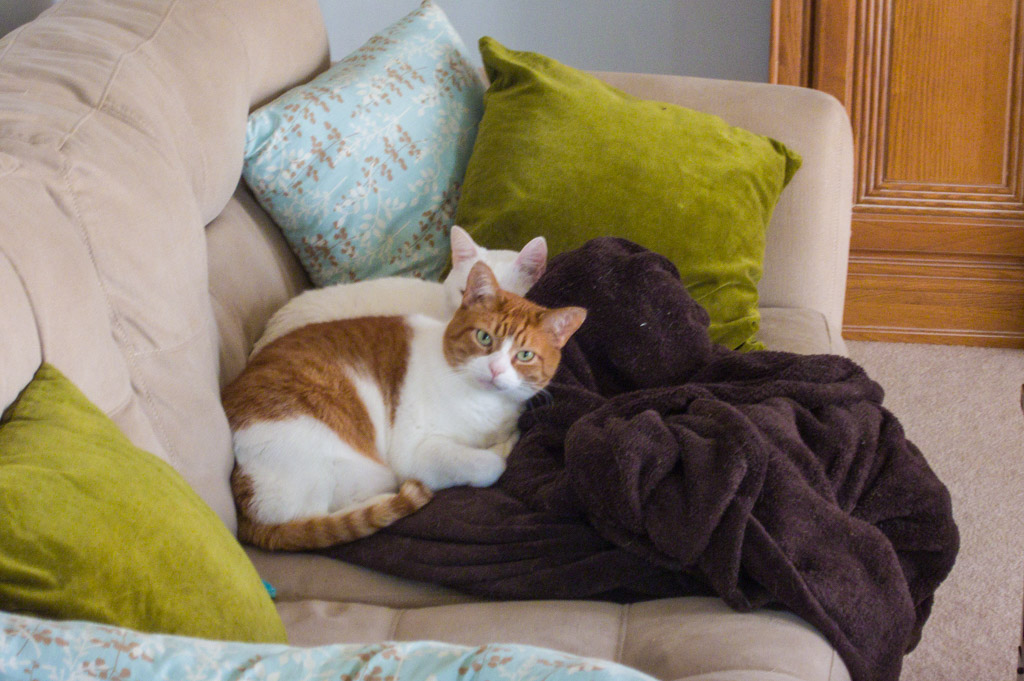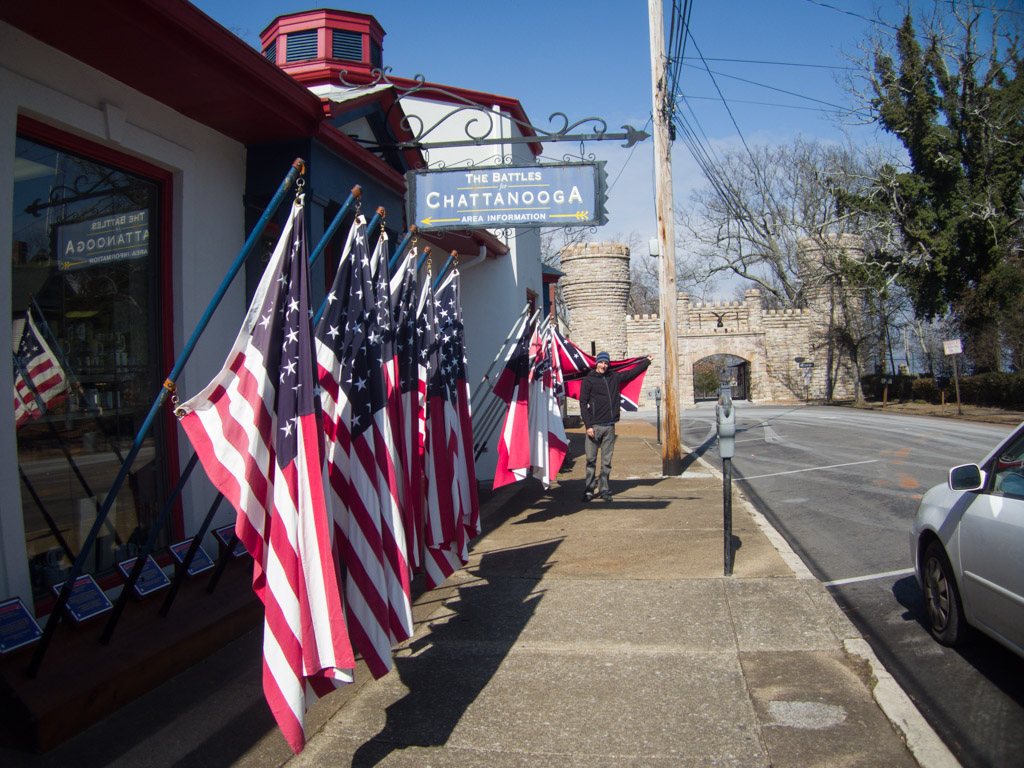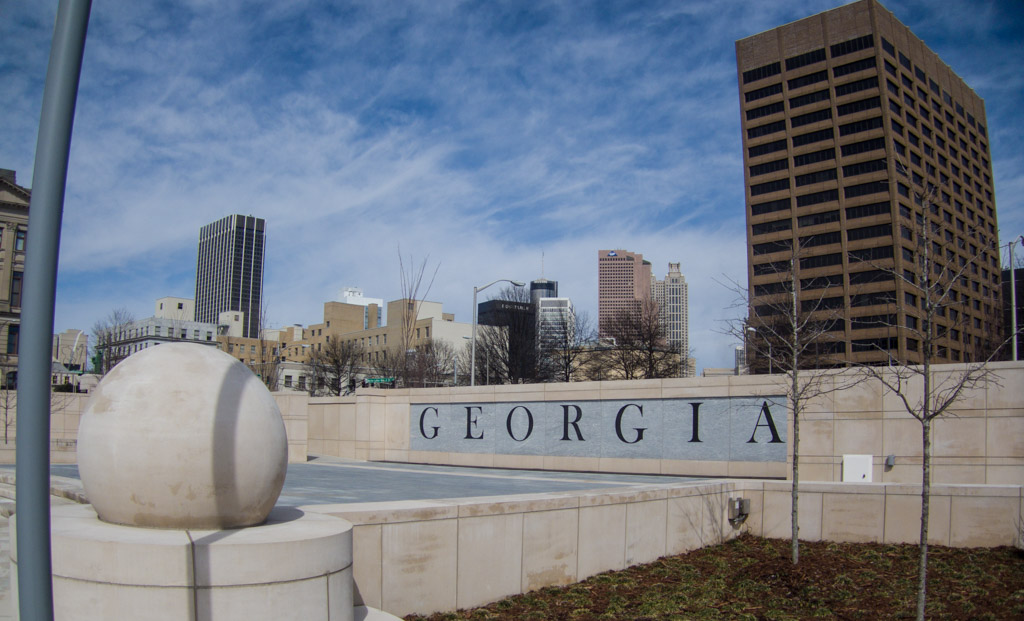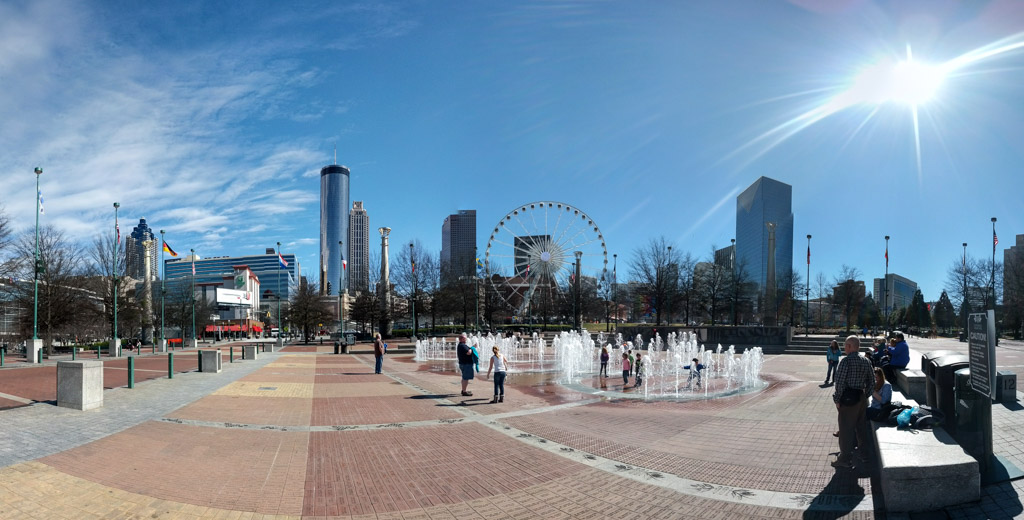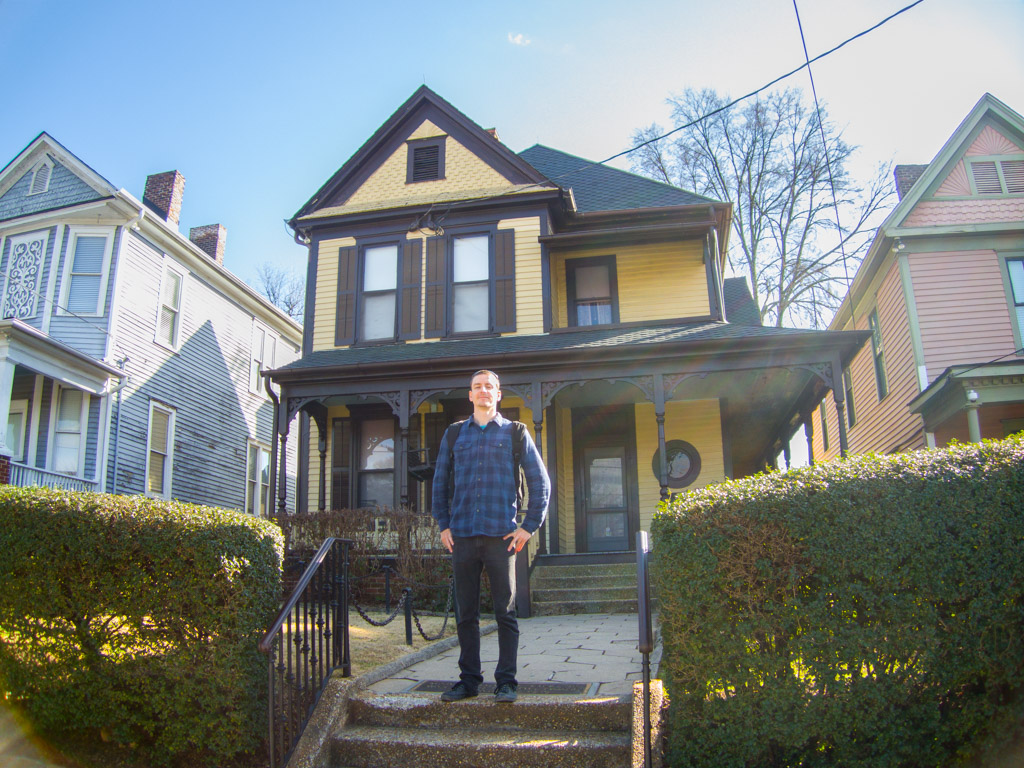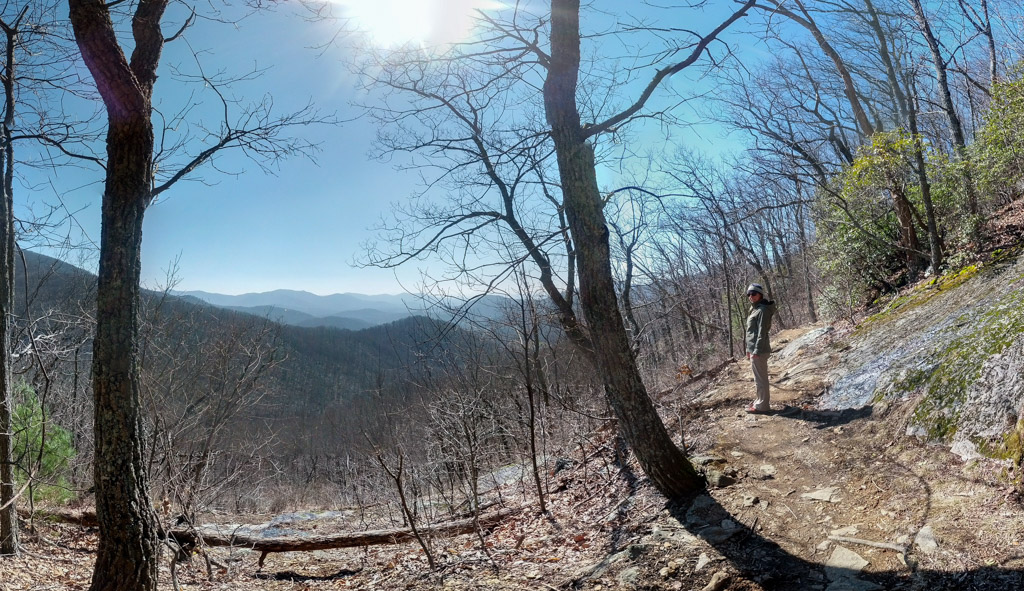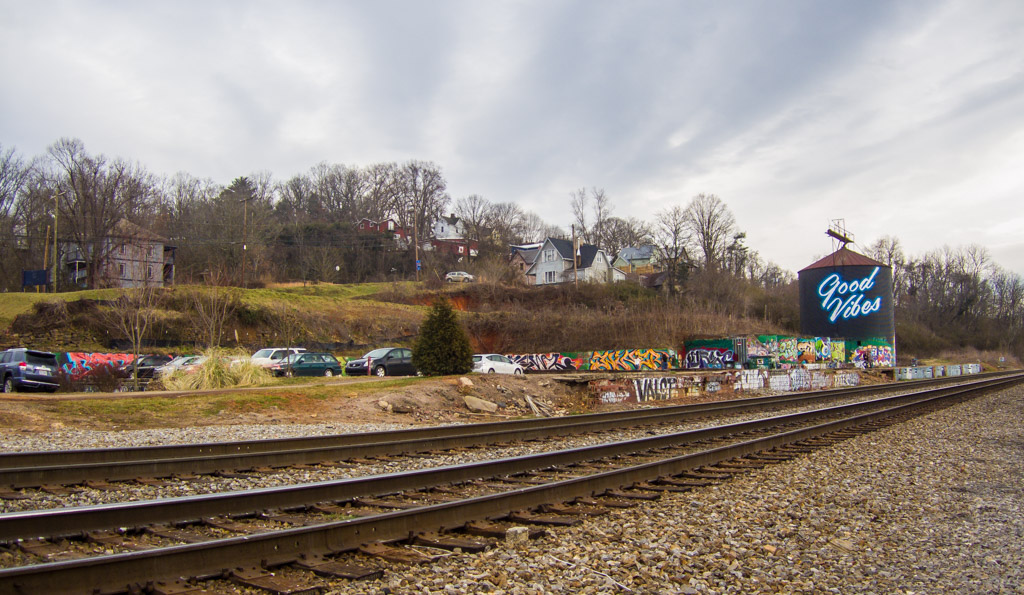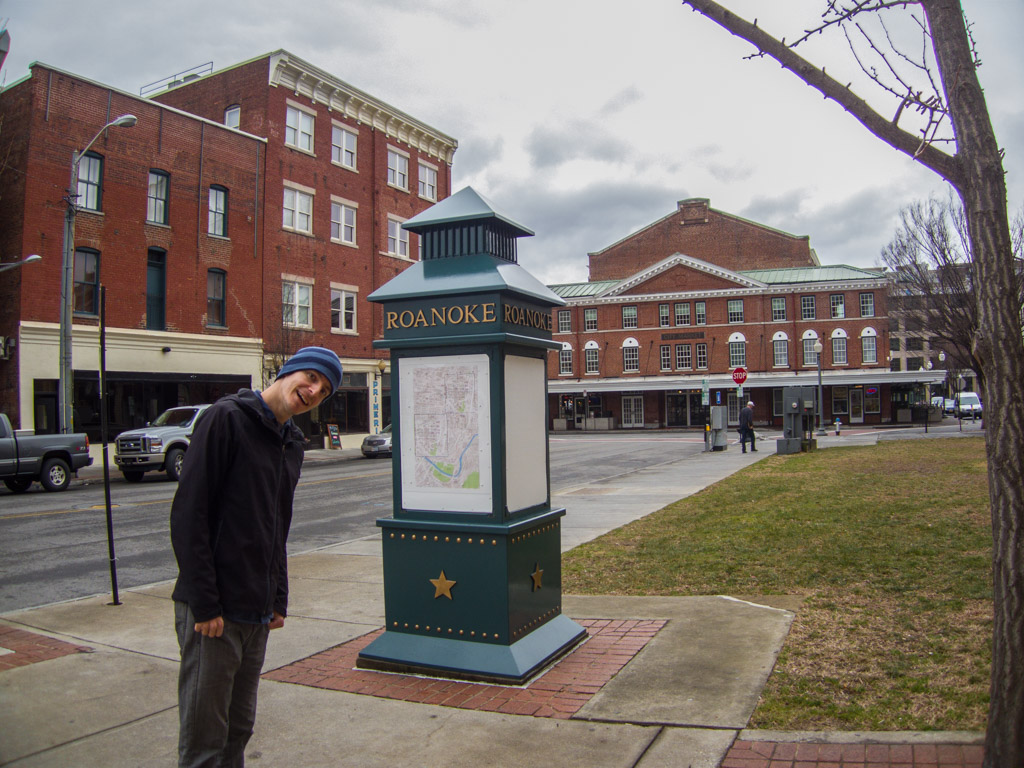Hunting for the Best Early Retirement City
Without a job dictating where we’ll live, we’re able to develop our own criteria. We’d like to live somewhere with a happening downtown core, reasonable cost of living, good weather, bike friendly, open-minded people, decent public schools, and lots of nice trees. Quite the list, right? For our 50th post and the one-year anniversary of this blog, we’re sharing our hunt for a U.S. city to settle down in, with Bruno of course. A place to hang our hat until the next trip starts to take shape.
We’re currently on our drive up from Costa Rica, heading to Nova Scotia. On our journey so far, we’ve driven through Central America, Mexico, Texas, Louisiana, and Alabama. To help build our list of “Best Early Retirement Cities”, we started with the weather.
A good map we’ve found for identifying great weather locations is this one from Brian B’s Climate Blog that shows the number of “Picture Perfect Weather Days” per year:

Another great weather map to cross-reference against is the NOAA’s Dew Point map for July, which measures moisture in the air for the hottest month of the year. Exactly how hot and humid does it feel in different parts of the country in July? A dew point greater than 68 °F is considered uncomfortable and greater than 72 °F is considered to be extremely humid: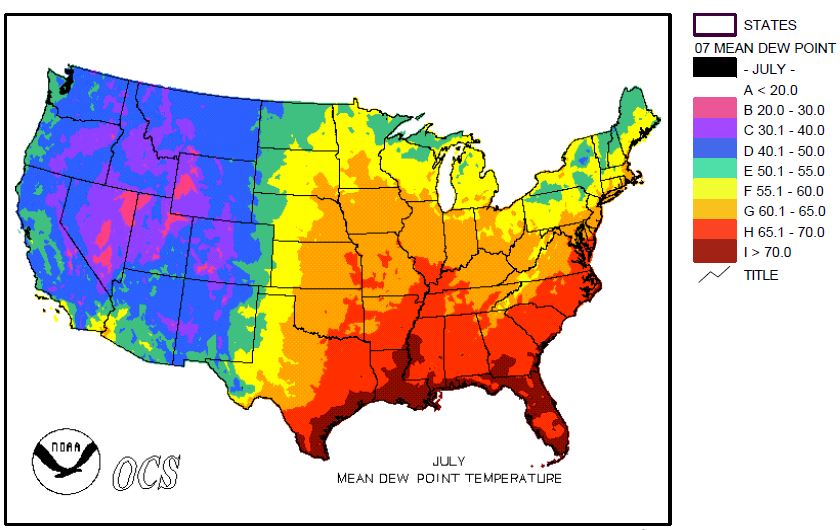
In terms of sunny comfortable weather, the South West wins hands down. But we also want to have a lot of happy green trees, so the desert doesn’t really cut it for us. The US is so big and has so many potential places to live, it’s a bit overwhelming to build a list of cities to check out. These weather maps provide a good first step!
Cost of living is also extremely important for our retired lifestyle. How much does it cost to live in one city compared to another? Travis had already done a lot of research to narrow down our options; most of which are summarized in the post titled 50 Best US Cities for Early Retirement.
Using our own subjective measurements and with some internet research, we ended up narrowing our search to these five cities in the South East:
Nashville, Tennessee
Chattanooga, Tennessee
Atlanta, Georgia
Asheville, North Carolina
Roanoke, Virgina
Whichever of these cities we like the most, we’re aiming to buy a fixer-upper as our next project. Our home-buying budget will be $250,000. Worse case scenario, if for some reason we change our minds about the city after fixing up the house, we’ll just “flip” the house and hopefully make a small profit. Neither of us are particularly handy, but considering all the work we did on Bruno using YouTube videos, we have nothing but time and patience to develop skills and try new things.
Which city will pass our rigorous evaluation process?? Bring on the candidates!
Nashville, TN (city/metro populations 660k/1.7M), the capital of Tennessee was the first city along our route. It has mild winters, but the summers are a little hot and humid. Travis was excited that Nashville will soon have Google Fiber, and the income tax in Tennessee is minimal since they only tax interest and dividend income.
Nashville has a good sized downtown, which is characterized by The Batman Building (belonging to AT&T). We walked the riverfront parks and the tourist areas, noting that the live music scene is alive and well in the Country Music Capital of the World.
Similar to Austin, Texas, Nashville has been booming in recent years. It has experienced constant population growth backed by a stable economy, and real estate prices are on the rise. In 2013, the median sale price for a home was $170,000 and now it’s somewhere around $230,000.
We visited the Tennessee State Capitol and the Nashville Farmers Market. We strolled past the Country Music Hall of Fame and the countless bars on Broadway.
We walked all the way to Vanderbilt University, one of the top 20 schools in the U.S. (annual tuition, a whopping $44,000). Across the street is Centennial Park, which has a full-scale replica of The Parthenon in Athens, Greece. We had high hopes for this residential area with great green spaces and so many students around, but we found mainly condo and apartment living.
Further West is a desirable part of Nashville, but we would be too far from all the action. We liked the feel of some East Nashville neighborhoods, but with its proximity to downtown, the single family homes were a bit out of our price range. We left with a positive impression and were excited to compare it to the other cities on our list.
Chattanooga, TN (city/metro pop. 171k/528k) is a 2-hour drive SE from Nashville, towards the Appalachian mountains. This mountain range appears to be pronounced ap-uh-“LATCH”-uhn by folks in the South, while folks in the northern Appalachians pronounce it ap-uh-LAY-chuhn. At any rate, the city is nicely located in the junction of the Cumberland Plateau and the southern Appalachians and has some spectacular scenery.
Like Nashville, Chattanooga also gets hot and humid for a few months in the summer. The residents seem active and outdoorsy, and there would be countless activities to keep us busy: hiking, mountain biking, rock climbing, water sports in the river.
Thirty years ago the whole area was essentially in economic ruin after the collapse of their manufacturing industry, but due to fantastic management and planning they’ve turned it into a great little city that is well poised to boom and prosper. The downtown is super clean and fun to walk around, with many great walking and biking trails. The city is progressive enough that they implemented Gigabit fiber internet for all residents way back in 2010! The future looks bright and they’re actively encouraging tech startups and entrepreneurs to move to the city.
It doesn’t take long to evaluate the residential areas within biking distance to downtown Chattanooga. We narrowed it down to two areas we really liked, North Shore and St. Elmo. North Shore is just across the river from downtown with a dedicated pedestrian bridge. It also has its own commercial strip with plenty of eclectic second-hand stores, health food shops and antique dealers. Very bike-friendly and walkable. St. Elmo is south of downtown, a flat 20-minute bike ride away and sits at the base of Lookout Mountain. They are busy building up the neighborhood center with local businesses. There’s a desirable crop of homes in both of these areas.
We spent a full week in Chattanooga at a great Airbnb that had two cats and a dog. Penny, the orange cat was as grumpy as they come, which made us love him even more.
During our stay, we did some hiking and sight-seeing around town. This included a walk to the Chattanooga Choo-Choo terminal and hotel, and a scenic drive up Lookout Mountain to a historical battle site during the American Civil War in the 1860’s.
We plunged further south towards Atlanta, GA (city/metro pop. 447k/5.5M). This is definitely the biggest city we’ll be evaluating, but research said it had all the right things going for it: low cost of living, good weather, lots of trees, a bustling downtown, Google Fiber coming soon, and an ambitious city plan for a “Beltline” bike trail that circles the entire city.
Atlanta also offers serious homebuyer incentives, if your income is low enough (check them out at Invest Atlanta). As we explored the city, we really loved the neighborhoods of Grant Park, Cabbagetown, Edgewood, and Kirkwood. If you are visiting Atlanta, they’re nice neighborhoods to stroll through. Big parks, nice homes, local coffee shops, breakfast places, and the food stalls in Krog Market. We realized pretty much all of these areas are too pricey for our budget, so we ended up zooming in on East Atlanta Village (EAV).
EAV has a small center to the neighborhood with a handful of shops and restaurants. Most homes in the area are priced at the upper end of our budget and we didn’t exactly fall in love with the housing stock. EAV has more crime than other areas we’d been looking at (like burglaries), and it also doesn’t have easy access to the Atlanta subway system.
We had a great time exploring Atlanta and did our best to see the sights, a sampling of what the big city had to offer. We started at the Georgia State Capitol Building where Jimmy Carter served as Governor from 1971-75, then we walked to Olympic Park in Downtown (Atlanta hosted the Summer Olympics in 1996). There’s an Aquarium, the Coca-Cola Museum, CNN headquarters with tours, and a great big Ferris wheel. We had our lunch and watched the kids play in the unpredictable shooting water fountains.
There is also a lot of civil rights history in Atlanta. We walked through Martin Luther King Jr.’s old neighborhood and saw the Ebenezer Baptist Church where both his Dad and later himself were pastors. There is also a fantastic American Civil Rights Museum, which is guaranteed to put water in your eyes. MLK Jr. is truly a great American hero and here is his childhood home!
After Atlanta, we headed north into the Appalachians to reach Asheville, NC (city/metro pop. 83k/424k). Asheville seems to have pretty great weather – possibly the best in the South East. Due to its location in the mountains (elev. 2100 ft), it has mild summers that attracts a lot of tourists from the hotter parts of the Carolinas, Georgia and Florida. Having a home in a tourist destination city like Asheville might actually be perfect for us, since we’ve been toying around with the idea of renting out our home for 2-3 months during the year to continue traveling.
We had done a good bit of research on Asheville before arriving, but our super helpful Airbnb host pointed us towards some interesting neighborhoods within our budget to check out. Three in total: West Asheville, South Slope, and the River Arts District. The housing stock in these areas is varied, which makes for interesting streets, each one different from the next. All three areas have their own commercial strip of local shops, restaurants, breweries and art galleries. The neighborhoods are bikeable to downtown, but it’s a hilly landscape and the roads aren’t as bike-friendly as other cities we’ve seen.
During our week in Asheville, we hiked in the Blue Ridge Mountains and enjoyed the clear, crisp day.
The city seems to be earning a reputation as some sort of mecca in the mountains for liberals in the SE. Internet forum threads comparing the best cities to move to always seem to mention Asheville, and lots of people we’ve talked to in the last year have recommended it. The primary online complaints about the city are that housing is getting too expensive, there aren’t enough good paying jobs, too many tourists, and not enough investment in infrastructure to handle all the people moving in.
What is this mystical place in the mountains? As we explored the city, we had the pleasure of meeting our first blog readers a.k.a. internet strangers! Leah & Prentice currently live in Asheville and are also avid Mustachians. We met them for a picnic at the University of North Carolina Botanical Gardens and peppered them with questions about life in town. We made some friends that day, and there were Good Vibes all around. Thanks Asheville, we had a great time!
Roanoke, Virginia (city/metro population 97k/308k) was the final city along our route. Historically known as a rail town, much of its tourism is centered around it. Virginia Tech is about 40 mins to the south of Roanoke, and the city surrounded by the Appalachian mountains.
Arguably, this city is a bit sleepy. The economy is not very hot, the real estate market is flat, and there wasn’t much energy when walking around downtown. That being said, Roanoke has a ton of potential as a city. Weather is pretty great, proximity to nature is amazing, downtown is clean and ready for growth.
The neighborhoods in the city’s South West are bike friendly, have beautiful big trees, and the large homes are very reasonably priced. We really liked the area around Grandin Village and stopped in for a coffee on a rainy day.
All in all, we found evaluating five different cities fairly exhausting and we haven’t even started any type of real house hunting! Life in the South East would be something to get used to, as it does have some significant cultural differences from life on the West Coast. One thing Travis likes is use of “y’all” as a replacement for “you guys” when addressing a mixed-gender group of people. Very progressive!
Without further ado and after much debate, we’ve concluded that Asheville, North Carolina fits us best, followed closely by Chattanooga, Tennessee. We’re certain we’d be happy in either locale and are excited for the future. Cheers to next steps!



